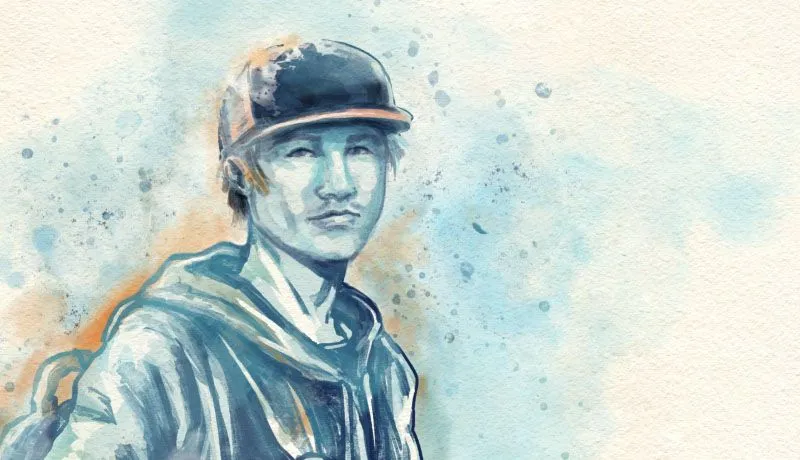5 minutes - Article
Elder Connie Forbister spent a lot of her life helping Indigenous youth overcome difficult childhoods.
She has ran treatments centres and even been a foster parent herself.
“The kids that I feel are successful now, they stayed on the path of traditional ways. Many of them went into pow wow or started attending sweat lodges. They went to their Elders.”
Connie says that Elders can help connect youth to culture, ceremony and spirituality.
“By their Elders, I mean their older relatives. You don’t have to go searching out for a medicine man, because that’s hard. Older relatives are a big help. Like aunts and uncles, you know, all my relations.”
You are worthy
Connie says that some youth who come from tough backgrounds and hard lives can feel like they may not be worthy of an Elder, so they don’t seek one out. She says that feeling is not true.
“A lot of kids already have connections. But you have to learn who is good and who isn't as far as the Elders are concerned. Not all of them are great.”
Cree Ceremonialist Fred Campiou understands that many youth don’t have Elders in their life. He says that by learning about and following protocol, youth, their parents or foster parents can approach an Elder in a good way.
“Parents can approach an elder or spiritual leader and say, I want you to teach my son or my daughter, and here's the protocol, I want you to take them under your wing and teach them,” says Fred.
A safe space
Cree Elder John Crier has helped many young Indigenous people to connect with their culture and ceremony.
“Somewhere in the back of their mind, they've always wondered, you know, about ceremony and taking part,” says John, “They have an opportunity to check out this other side of them that they've only dreamed of. A safe space for that young person to learn how to become a human being. With all the emotion of anger and joy and sadness without suppressing, you know, that emotion."
John says that participating in ceremony can be transformational for youth and young adults in knowing who they are and where they come from.
“Tears are welcome here. Anger is welcome here. It's giving them permission. It's OK, it's OK to be a good Indian, you know, we can work with that.”
Permission to be who you are
Connie Forbister says that spirituality is one of the most important things for youth who want to change their lives.
“This Elder from Saskatchewan, he came into a circle I was in, and he said, and I'll never forget this:
‘When you were born, God breathed your first breath into you, and so you have God in you. So, you are good, you know?’
And I just used that all my own life with the kids. It was so great, like to say that right there, making you feel good right off, you know, making you feel just a little bit worthy.”
(Image Credit: NCSA Journey Home)
